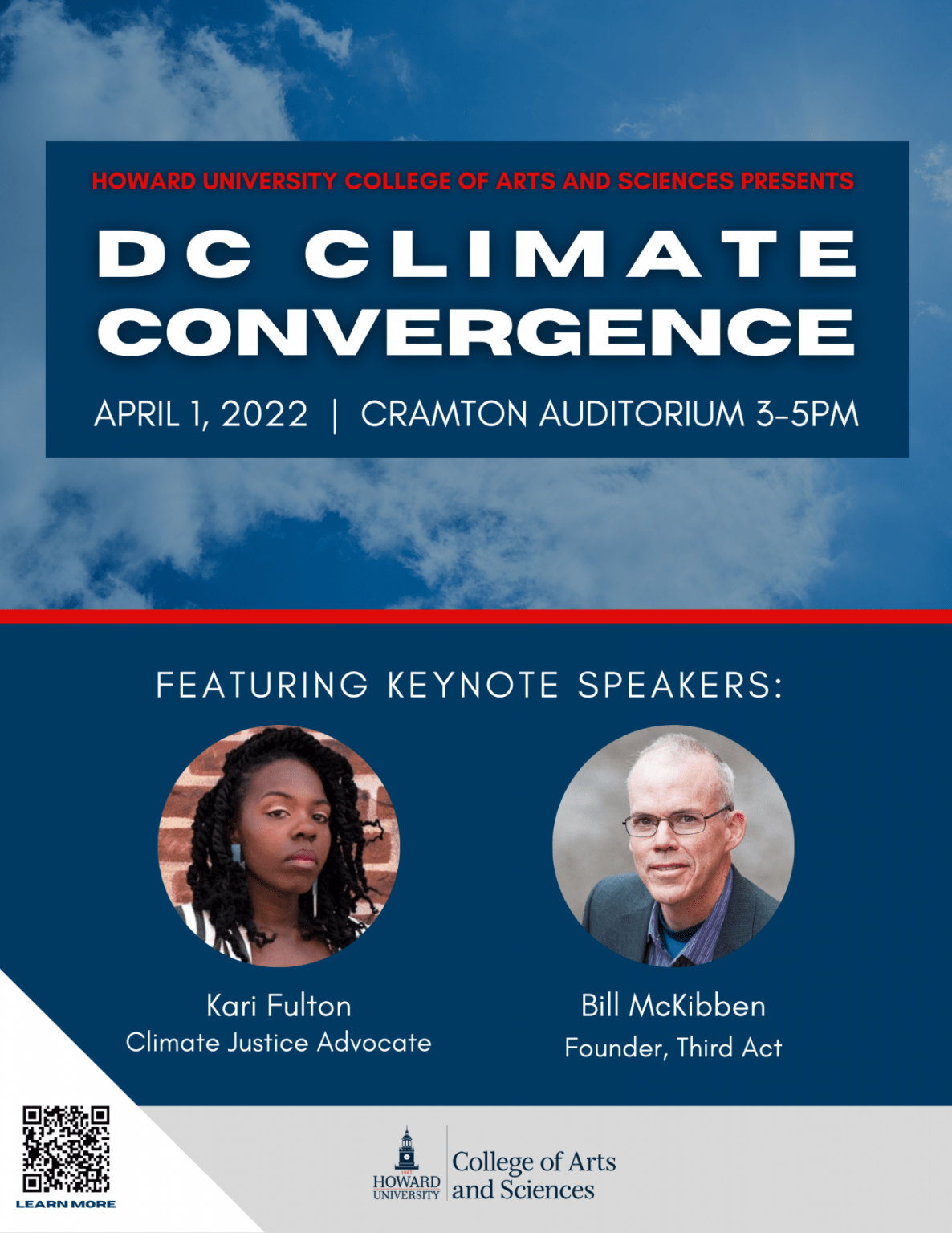
The 2022 MIT Energy
Conference will return in-person at
the Boston Marriott Cambridge after a 2-year hiatus, and we’re also
planning on a hybrid format to allow other attendees to tune in
virtually from around the globe!
Tickets
The 2022 conference will also expand its scope to include broader issues
in the fight against climate change, both within and outside the energy
sector. Please check out the
agenda page for more details
on our exciting lineup of events. You can find more details on
speakers and startups
presenting at the Tech
Showcase as well.
April 1, 2022 – Day 2, Friday
9:05am – 9:25am: Keynote address by Dr. Maria Zuber: Vice President for
Research at MIT
No Time to Lose: The Imperative of Decarbonizing the Global Economy
Maria Zuber is Vice President for Research and the E. A. Griswold
Professor of Geophysics at MIT, where she is
responsible for research administration and policy. She oversees
MIT Lincoln Laboratory and more than a dozen
interdisciplinary research laboratories and centers, including the Koch
Institute for Integrative Cancer Research, the
MIT Energy and Environmental Solutions
Initiatives, the Plasma Science and Fusion Center, the Research
Laboratory of Electronics, the Materials Research Laboratory,
MIT.nano, and Haystack Observatory. She also
oversees MIT’s Climate Action Plan for the
Decade.
9:30am – 9:45am: Keynote address (virtual) by Gina McCarthy: National
Climate Advisor at the White House Office of Domestic Climate Policy
Federal Climate Change Policy
Gina McCarthy is the first National Climate Advisor—the president’s
chief advisor on domestic climate policy—and leads the White House
Office of Domestic Climate Policy focused on mobilizing a
whole-of-government approach to tackling the climate crisis, creating
good-paying, union jobs, and securing environmental justice. Previously,
she served as 13th Administrator of the Environmental Protection Agency
and then as President and CEO of the Natural
Resources Defense Council (NRDC). One of the nation’s most trusted and
accomplished voices on climate issues, she has been at the forefront of
environmental and public health progress in a variety of leading roles
for over three decades.
9:50am – 10:30am: PLENARY PANEL: Renewable
Energy – Heart Pumping the Energy Transition
Renewable energy is the heart of society’s transition into
environmentally friendly energy sources and economies. As of now, the
renewable energy sector receives billions of dollars and engages some of
the most brilliant minds to solve complex socio-technical challenges.
This foundational transition is not dealing with on-demand consumption,
but rather human long-term survival on a livable planet for generations
to come.
The renewable energy technologies that are powering the transition have
improved exponentially since its inception – notably in wind and solar
energy (for example, solar cells’ efficiency has more than doubled in 40
years, with the price per Watt decreasing approximately 100 times). Such
improvements have allowed renewable energy technologies to increase
their competitiveness and deployment all over the world, exhibiting
two-digit growth in the last decade. Alas, they still have room for
improvement to reach their fullest contribution towards the energy
transition.For that to happen, we need multidisciplinary collaboration
across the worlds of research, business, government, policy, and
finance. Looking forward, key questions arise: what technology
improvements will sustain our foundational transition in the years to
come? Moreover, how will cross-collaboration accelerate innovation and
deployment?
Featured Panelists:
- Moderator: Leonardo Beltrán – Distinguished Energy Fellow, Columbia
University
- JoaquÃn Castillo – USA Country Manager –
Acciona Energia
- Cheryl Lafleur – Board Chair, ISO New
England
- Sam Massey – Executive Director, Renewable Energy, Next Era
- Mary Werner – Solar Energy Tech Lab Program Manager,
NREL
10:45am – 11:25am: PLENARY PANEL: Global
Climate Action: Strategy to 1.5C
COP26, held in the UK last year, drew
attention for being the first climate change agreement to mention coal
use restrictions, as well as the fact that more than 90% of the world’s
GDP is now covered by net-zero commitments
including India’s declaration of going to net-zero in 2070. However, the
world still needs to raise its ambition to reach the 1.5-degree target
set in the Paris Agreement. In this panel, climate change experts will
talk about strategies to help the world reach this target. In
particular, the panel will discuss how the international community can
work together, including policies on ESG
investment and climate-related financial disclosure given the huge
amount of financial resources that will be needed to achieve the 1.5C
goal. We will also discuss how we could provide assistance to developing
countries and how to develop and disseminate clean technologies that are
needed to decarbonize the energy system.
Featured Panelists:
- Moderator: Amy Harder – Executive Editor, Cipher
- Bhargavi Chevva – Investment & Company Building, Breakthrough Energy
- Amy Jaffe – Managing Director at Climate Policy Lab, The Fletcher
School at Tufts University
- Dr. Jean Rogers – Senior Managing Director and Global Head of
ESG, Blackstone
11:30am – 12:10pm: PLENARY PANEL: Looking
Beyond Li-ion
Electrochemical storage, primarily batteries, currently lead the storage
market for portable batteries in our devices and vehicles. Li-ion
Batteries or LIBs are the current front runners for most of the
electrochemical market space because of their high energy densities.
However, the $/kWh figure of LIBs already makes them unfavorable for
certain applications such as longer-duration grid storage. Is there an
underexplored world of cell chemistries that could dethrone LIBs in the
upcoming decade? What are the R&D, policy, and financial priorities that
can help scale the commercial deployment of emerging storage
technologies?
Featured Panelists:
- Moderator: Dr. Scott Litzelman – Program Director,
ARPA-E
- Dr. Yang Shao-Horn – Professor, DMSE, MIT
- Scott Burger – Senior Manager, Analytics, Form Energy
- Thomas (TJ) Winter – VP of Strategic Technologies, Fluence
12:10pm – 1:40pm: LUNCH
1:45pm – 2:25pm BREAKAWAY PANEL: Carbon
Capture and Utilization: The Path to Expanding Abatement
Decarbonization of emissions from existing mobile and point-source
emitters presents a key challenge in achieving our goal of net-zero.
Carbon abatement via capture and utilization technologies offers a
promising, yet currently underapplied solution to this
challenge. Expanding the use of carbon capture technologies relies,
in part, on advancements in alternative capture technologies and further
development of downstream carbon utilization solutions. In this panel,
we look to explore the ongoing efforts to expand abatement through
carbon capture and utilization as well as key technology and policy
breakthroughs that could help accelerate this expansion.
Featured Panelists:
- Moderator: Clint Wood – Partner, McKinsey & Company
- Scott Frazier – CEO, Carbon America
- Emily Grubert – Deputy Assistant Secretary of Office of Fossil Energy
and Carbon Management, DOE
- Sean Simpson – Founder, Chief Scientific Officer, LanzaTech
Yogesh Surendranath – Professor, Electrochemical catalysis for
CO2 conversion, MIT
1:45pm – 2:25pm: BREAKAWAY PANEL II: Climate
Adaptation in Small Island Developing Nations
Small Island Developing Nations (SIDS) are some of the most vulnerable
communities to climate change. Some of the challenges facing
SIDS include rising sea levels, loss of
habitat, and increased occurrence of extreme climate events. These
challenges highlight the immediacy of climate change, the urgency of
climate change mitigation efforts, and the absolute need for climate
change adaptation. The aim of this panel is to highlight issues facing
SIDS resulting from climate change and ongoing
adaptation efforts occurring in SIDS. The
panel hopes to discuss adaptation efforts through political, financial,
and human lenses.
Featured Panelists:
- Moderator: Sabrina Shankman – Reporter, The Boston Globe
- David Gumbs – Director, RMI Islands Energy
Program
- Thilmeeza Hussain – Ambassador / Permanent Representative, UN,
Republic of Maldives
2:30pm – 3:10pm: BREAKAWAY PANEL I:
Decarbonizing Heavy Industry
Industries like cement and steel manufacturing are among the most
emission-intensive. In 2019, approximately 9% of global fossil fuel and
industry emissions were related to iron, steel, and cement production.
Innovations and a sustainability-focused mindset are required to address
and reduce the impact that these industries are having on the
environment. In this panel, speakers driving this change in the industry
will present their approaches from the start-up, corporate, and policy
perspectives.
Featured Panelists:
- Moderator: Jeremy Gregory – Executive Director,
MIT Climate and Sustainability Consortium
- Tadeu Carneiro – Chairman & CEO of Boston
Metal
- Josephine Cheung – Director of Research & Development at
GCP Applied Technologies
- Leah Ellis – Co-Founder and CEO, Sublime
Systems
- Jack Lewnard – Program Director, ARPA-E
2:30pm – 3:10pm: Fireside Chat – My Climate Journey (MCJ) Live Podcast
Recording
Join us for this special live recording of the My Climate Journey
podcast – featuring a fireside chat between host Jason Jacobs and Dr.
Johanna Wolfson. The podcast explores the problem of climate change and
the best ways to address it by talking to experts from a wide range of
backgrounds and perspectives. The goal is not to convert anyone to a
specific worldview, but to enable each listener to have a more informed
worldview on the best ways to address the problem of climate change.
- Guest: Dr. Johanna Wolfson
- Podcast host: Jason Jacobs
Johanna is a co-founder and General Partner at Azolla Ventures, and
co-founder of Prime Impact Fund. Johanna’s career has focused on
accelerating climate technologies from lab to market, spanning
university and industry applied research, government, and venture
investing. Prior to investing, Johanna was Technology-to-Market Director
for the U.S. Department of Energy’s Office of Energy Efficiency and
Renewable Energy (EERE), where she deployed more than $50MM per year
into innovative energy projects and companies and also advised
DOE, congressional staff, and national labs on
effective lab-to-market strategies. Previously, Johanna led start-up
engagement at the applied R&D lab Fraunhofer, where she both sourced
innovative technologies for Fortune 500 clients and designed
demonstration projects for emerging start-ups to ready their products
for market entry. Johanna has a B.S. from the University of
Wisconsin-Madison and a Ph.D. in physical chemistry from
MIT, where she conducted research on
solid-state physics and photonics.
Jason is a longtime entrepreneur, most recently as founder/CEO of
Runkeeper, one of the largest mobile fitness apps and communities, which
was acquired by ASICS. He is now creator of
the My Climate Journey (MCJ) platform, which consists of a podcast,
vibrant member community, and fund, focused on helping address the
problem of climate change through content, community, and capital.
3:40pm – 5:40pm: Climate & Energy Prize (CEP) @
MIT $100K Pitch Competition Finals
Previously known as the Clean Energy Prize
MIT competition, CEP is now the Climate & Energy Prize MIT
competition to be inclusive of all climate change-related problems and
to move the world closer to net-zero carbon emissions.
CEP not only supports student-led
entrepreneurs financially but also offers educational resources such as
mentorship and startup boot camps to help them realize their vision.
CEP is the largest and longest-running
competition for student-led climate startups in the world with over 550
applicants, over 200 mentored teams, and over $2.8 million in awarded
cash prizes. Over 220 CEP @
MIT companies have successfully launched from
the competition and raised over $1.1 billion in follow-on funding.
Massachusetts Institute of Technology
Massachusetts
04/01/2022 at 09:00AM

